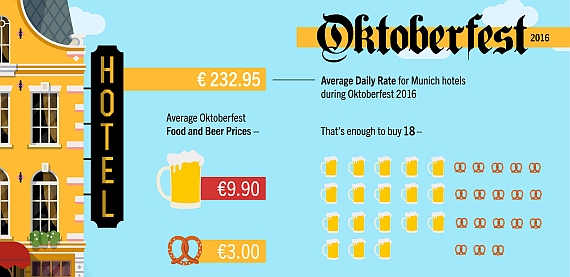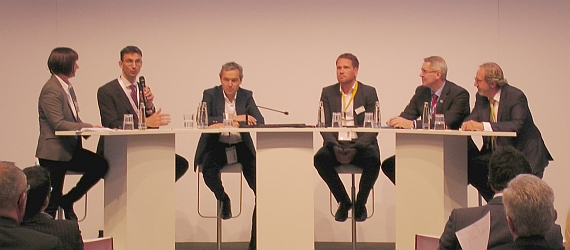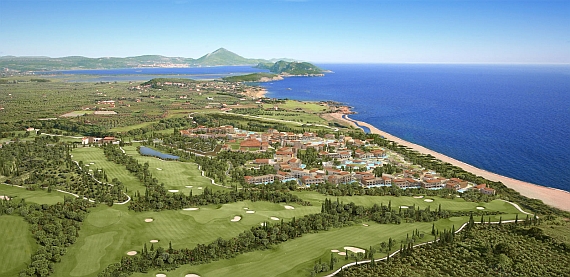
News & Stories
Eschborn. The Meeting & Event industry can expect growth next year – but not in all regions. Strict company guidelines and reduced budgets in some countries will lead to a growing demand for middle class hotels there. In other regions, hotel supply is expected to surpass demand.
Munich. Having decided to erect a security fence around the Oktoberfest in Munich this year, for many travellers it was clear: They planned on staying away. The result was 300,000 fewer visitors, something that was not only due to changing travel behaviour, but also to the gun attack at the Olympia shopping centre in July. Munich is no longer safe - Or is Munich still safe? Such a sceptical message has certainly cost the city its image and bookings - and is tearing Munich's success spoiled hoteliers out of their comfort zone. The market figures reflect the sober state. Managers from the Rocco Forte Hotel The Charles, Mandarin Oriental and from AccorHotels and Starwood Hotels also expressed themselves soberly.
Berlin. After massive criticism from the tourism industry, German federal cabinet put forward an amended bill with regards to the Package Holiday Directive on Wednesday.
Munich. Low interest rates and crises keeping holidaymakers close to home are prompting professional investors to look more closely at the opportunities on offer from resorts. The size of the resort industry isn't anything like that of the city hotel industry, but the segment is finally beginning to blossom again: There are more and new investors with a feel for the fine nature of this business and self-critical comparison with the city hotel industry.
Munich. There was good sentiment about Italy at Expo Real 2016. International players showed great interest in the peninsula. The country has traditionally been considered a tourist destination with great potential, but this time there was more to strengthen the appeal of Italy, e.g. the better perceived quality of the national administration and the slow realignment of asset prices and rents to overall European standards. Especially German and Austrian operators are carefully watching the market and willing to accept hurdles if they see a chance to enter the market. Budget groups are taking the lead.
Innsbruck. In terms of statistics at least, Tyrol's summer tourism is shifting ever closer to the boom years experienced after the expansion to the East. By the end of September, Tyrol recorded 4.6% growth in the number of overnight stays relative to the result from the previous year. And this is no outlier: Since 2009, the figures have consistently edged upwards.
Innsbruck. At the international symposium theAlps in Innsbruck, the focus was the research project "Winter Travel in the Alps". Winter business remains much more important than the summer, even if climate change and Alps-bashing might suggest otherwise.
Berlin. Initial projections by the German Travel Association for the travel year 2015/16 reveal a fall in revenues of around a billion euros in the tour operator market. This is mainly due to a considerable decline in bookings for the crisis-hit countries Turkey, Egypt and Tunisia. Long-haul travel, Western Mediterranean countries and cruises are among the winners.
Bergamo. Too fragmented and featuring too small hotels: For a long time, this has been the unique image of the Italian hospitality scenario. But is it still true? Something has changed in recent years: the number of national hotel groups, for example, is increasing quickly. At the same time, Italy's big crisis has stirred up market positions and relations: a few companies like Domina and Boscolo have partially lost their relevancy, while other operators have established themselves, often taking advantage of the changed conditions in order to sign less onerous contracts with owners.
Athens. Before the last summer holidays even started, experts predicted that destinations such as Italy, Spain, Portugal and Greece would be the great winners of the season and possibly of the whole year 2016. While benefiting from turbulences in Turkey, Egypt and Tunisia usually favored by European holidaymakers, all of them increased their visitor numbers. Greece still missed opportunities and generated 346 million euros less than expected. High prices, lacking infrastructure, tax issues, boring image, etc. are to blame. Professionals are asking the government for big changes in order to remain competitive. Will they be heard?





